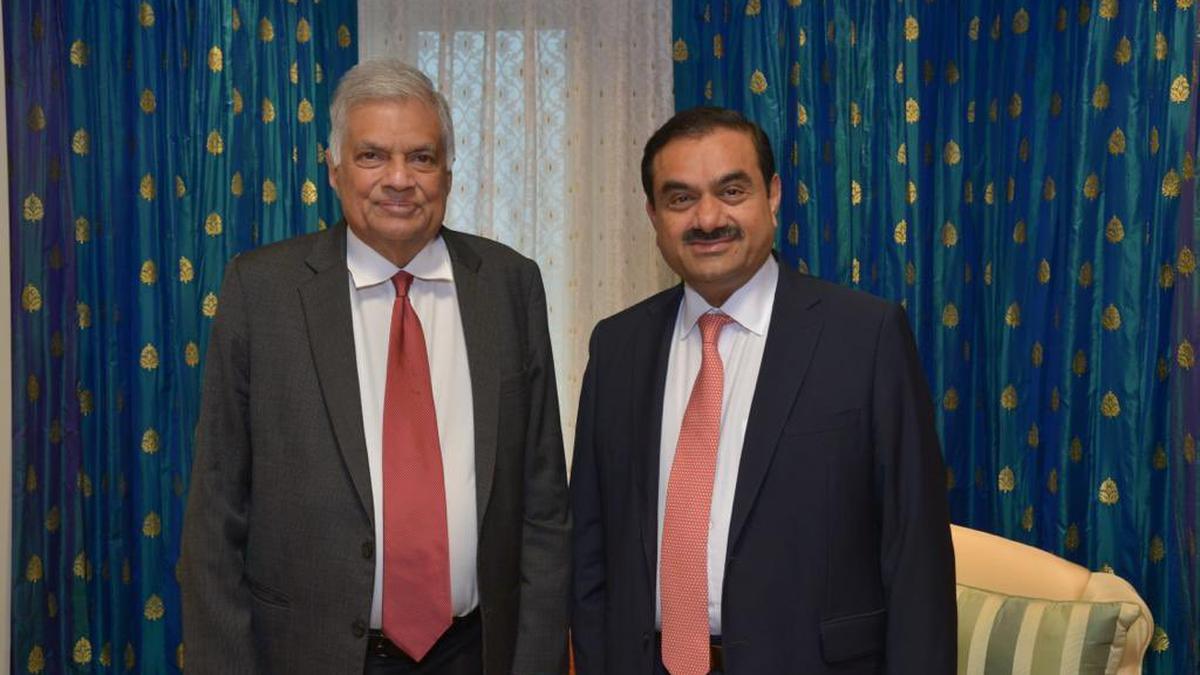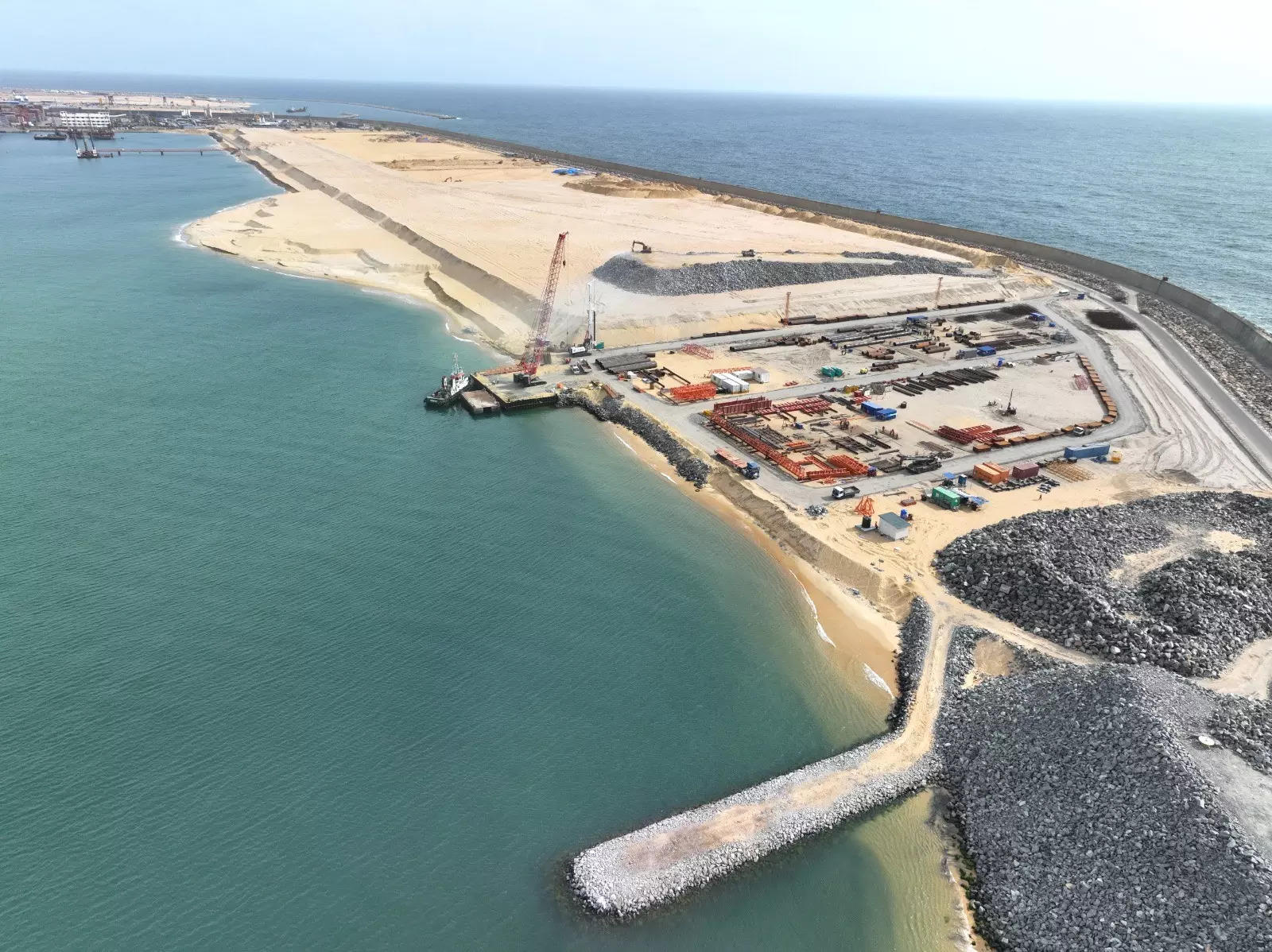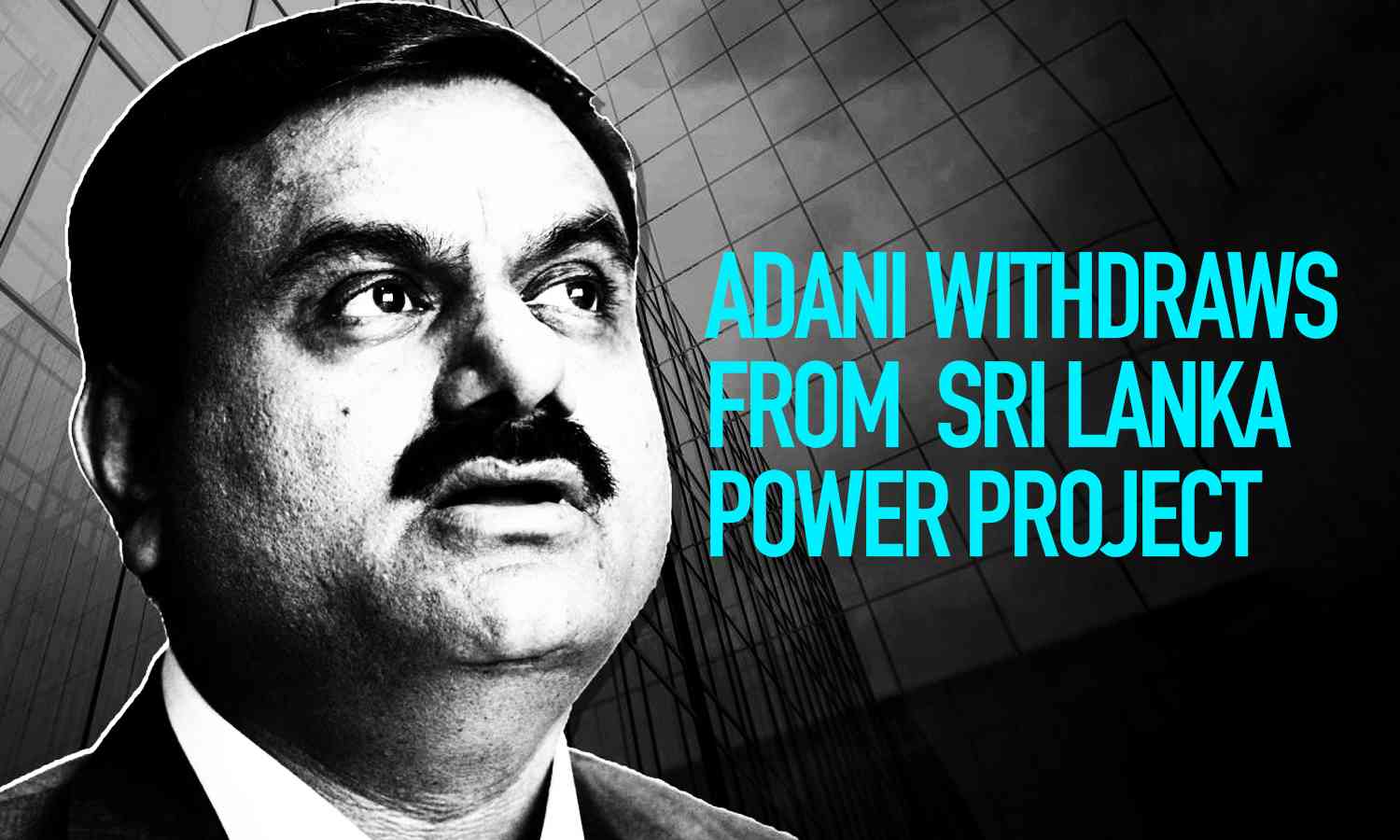Adani Green Energy Ltd. announced on Wednesday, 12th February 2025, that it has formally withdrawn from a contentious renewable energy project in northern Sri Lanka. The decision follows sustained local opposition, environmental concerns, and an ongoing legal battle over the project’s approval process. This development marks a significant retreat for the Adani Group from its investment outreach in the region, particularly in the wake of mounting scrutiny and criticism from local stakeholders. The withdrawal is also being viewed as a political victory for Sri Lanka’s newly elected President, Anura Kumara Dissanayake. During his election campaign in September 2024, he had pledged to scrap the project, labelling it as “corrupt.” However, after assuming office, his administration appeared open to renegotiating the deal, appointing a special committee to reassess the terms. The Adani Group’s exit now pre-empts any such renegotiation, effectively bringing an end to the controversy surrounding the project.

In a letter dated 12th February 2025, Adani Green Energy Ltd. formally conveyed its decision to withdraw, citing the Sri Lankan government’s recent move to establish a renegotiation committee. The company stated that it had chosen to "respectfully withdraw from the said project," while reiterating its full respect for Sri Lanka’s sovereign rights and policy decisions. The letter also referenced the prolonged discussions it had engaged in with the Ceylon Electricity Board over the past two years regarding the proposed 484 MW wind farm project in the northern towns of Mannar and Pooneryn. Initially structured as a “build-own-operate” model, the project had been envisaged as a nearly $1 billion investment in Sri Lanka’s renewable energy sector.
Despite this setback, the Adani Group remains committed to its other ventures in Sri Lanka. Notably, it is proceeding with the construction of the West Container Terminal at the Colombo Port, a project being undertaken in collaboration with the Sri Lanka Ports Authority (SLPA) and the country’s leading conglomerate, John Keells Holdings. Adani Green’s northern Sri Lanka wind farm project has been mired in controversy since its approval under the administration of former President Gotabaya Rajapaksa in 2022. The project was awarded without a competitive bidding process, raising concerns among opposition parties and civil society groups. The subsequent administration of President Ranil Wickremesinghe continued to advance the project despite widespread criticism. Opposition leaders objected to what they described as Adani’s "backdoor entry" into Sri Lanka’s energy sector, while environmentalists and local residents in Mannar voiced apprehensions over the project’s potential ecological impact. A key concern was the risk posed to a crucial migratory bird corridor, prompting activists to challenge the project in the Supreme Court.

The decision to withdraw underscores the challenges faced by foreign investors in navigating the complex socio-political and environmental landscape of Sri Lanka. While the move may be seen as a strategic retreat for Adani Green, it also reflects the growing influence of local opposition in shaping the trajectory of major infrastructure projects in the country. As Sri Lanka continues its efforts to attract foreign investment while balancing environmental and community interests, the episode serves as a testament to the evolving nature of economic diplomacy in the region.
With inputs from agencies
Image Source: Multiple agencies
© Copyright 2024. All Rights Reserved Powered by Vygr Media.























